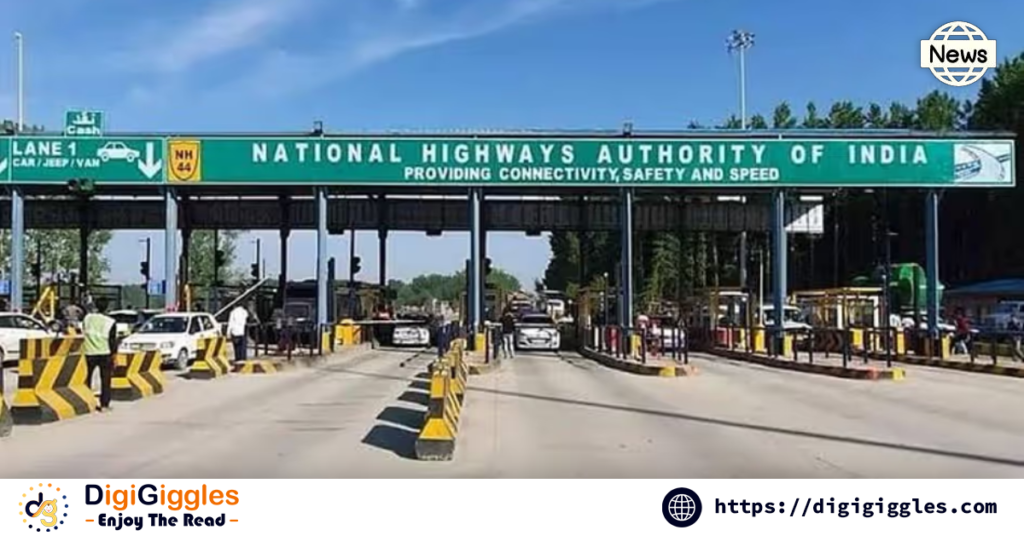
In a move to revolutionize India’s toll collection system, the government has introduced new rules to make the toll payment process more fair and transparent for commuters. Under the latest regulations, drivers will only be required to pay toll fees based on the exact distance they travel, and there will be no charges for the first 20 kilometers on national highways. This decision comes as part of the government’s effort to streamline road infrastructure and enhance the ease of movement across the country.
What’s Changing?
Traditionally, toll charges on Indian highways have been determined by fixed rates for long stretches, regardless of how far a vehicle actually travels. This system often led to frustration among drivers, particularly those who used highways for short distances but were still required to pay the full toll. The new rules aim to address these concerns by introducing a distance-based toll collection system. Commuters will now only be charged for the actual kilometers they cover, ensuring they pay a fair amount relative to their usage. An important aspect of the new toll system is the exemption of charges for the first 20 kilometers. This means that vehicles using national highways will not be charged for shorter trips within this distance limit, offering significant savings for regular commuters and travelers making brief journeys.
How Will It Work?
The new toll rules are designed to be implemented through GPS-based systems, which will track the distance covered by vehicles on national highways. These systems will automatically calculate the toll based on the kilometers traveled, ensuring accuracy and transparency. With this technology, commuters can expect to pay exactly what they owe without worrying about discrepancies or overcharging. Authorities have indicated that this new method will gradually replace the existing system of toll booths. By introducing GPS-based toll collection, traffic congestion at toll plazas is expected to reduce significantly, improving overall travel times. The government has already initiated plans to equip highways with this technology, although it may take some time before the entire national highway network transitions to the new system.
A Relief for Short-Distance Travelers
For frequent commuters and those who travel short distances on highways, the exemption of the first 20 kilometers will be a huge relief. This change is especially beneficial for people living in cities where highways connect neighboring towns and districts. The financial savings, particularly for daily travelers, could be substantial. Industry experts have lauded the government’s decision, noting that the move is a step towards making road travel more equitable. “This is a very positive change for drivers, especially those who use the highways for local or regional travel. The introduction of technology in toll collection will help prevent overcharging and bring more fairness to the system,” said an official involved in the planning of the new policy.
Challenges Ahead
While the decision has been widely welcomed, there are some challenges that the government will need to address. Implementing GPS-based toll collection across India’s vast highway network is a complex task. Ensuring that the technology functions smoothly and that all vehicles are equipped with the necessary systems may take time. Additionally, the phasing out of toll booths will require careful management to avoid any disruption to travel during the transition period. Moreover, while urban commuters stand to benefit the most, there may be concerns from drivers in rural or less connected areas who may find the new system more difficult to adapt to.
A Road Ahead
In conclusion, the new toll rules mark a significant shift in how India’s highway infrastructure will function. By charging based on distance covered and exempting fees for the first 20 kilometers, the government has taken a step toward making toll payments fairer and more transparent. While challenges remain in implementing the new system, the benefits for millions of daily commuters are undeniable. As the nation prepares for this change, the introduction of technology in toll collection is expected to pave the way for more efficient, cost-effective travel on India’s roads.